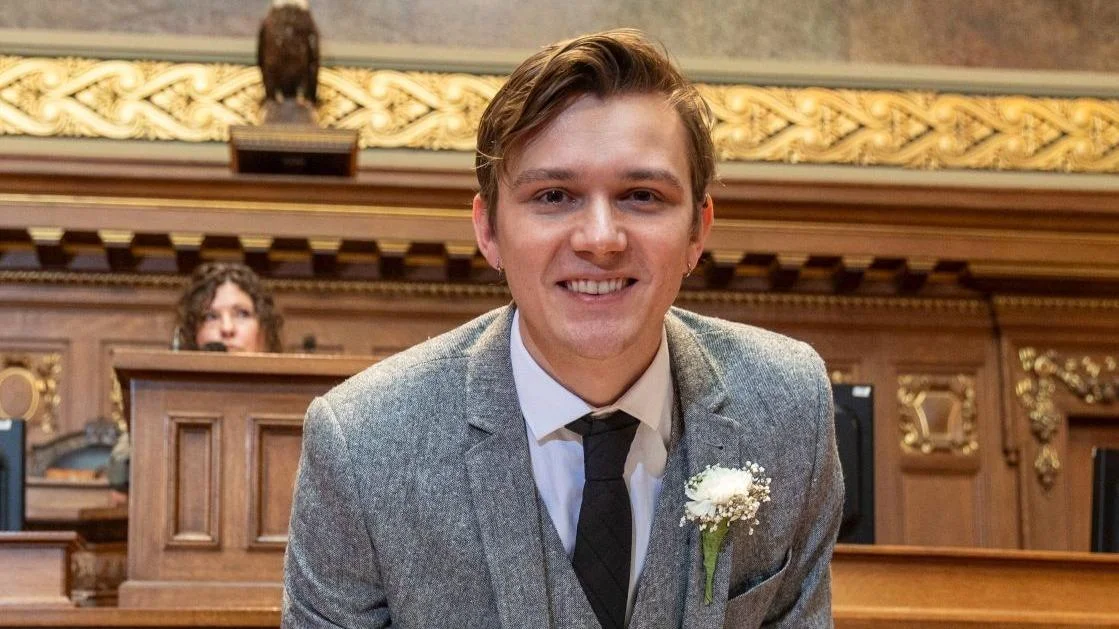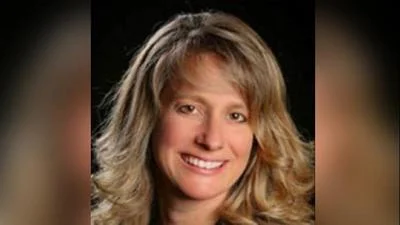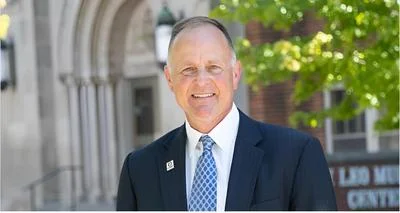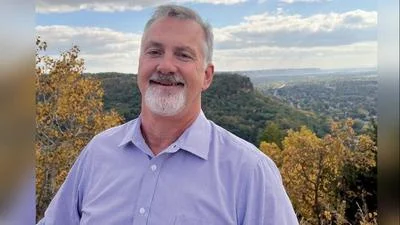Christian Phelps, Wisconsin State Representative for 93rd District | https://www.facebook.com
Christian Phelps, Wisconsin State Representative for 93rd District | https://www.facebook.com
According to the Wisconsin State Legislature's official website, the bill was described as follows: "the pupil participation limit in the state parental choice program".
The following is our breakdown, based on the actual bill text, and may include interpretation to clarify its provisions.
In essence, this bill changes the provisions related to the statewide parental choice program in Wisconsin by repealing the sunset clause that would end pupil participation limits after the 2025-26 school year. Under current law, the participation limit started at 1% in the 2015-16 school year and increased gradually to 10% of a school district's membership by the 2025-26 school year. The bill ensures that this 10% pupil participation limit continues without expiration, maintaining the cap on the number of pupils from each district who can attend private schools under the program indefinitely.
The bill was co-authored by Senator Kelda Roys (Democrat-26th District), Representative Clinton M. Anderson (Democrat-45th District), Representative Margaret Arney (Democrat-18th District), Representative Brienne Brown (Democrat-43rd District), Representative Ryan M. Clancy (Democrat-19th District). It was co-sponsored by Senator Kristin Dassler-Alfheim (Democrat-18th District), Senator Sarah Keyeski (Democrat-14th District), and Senator Chris Larson (Democrat-7th District), along 31 other co-sponsors.
Christian Phelps has co-authored or authored another 32 bills since the beginning of the 2025 session, with none of them being enacted.
Phelps graduated from Vassar College in 2016 with an AB.
Phelps, a Democrat, was elected to the Wisconsin State Assembly in 2025 to represent the state's 93rd Assembly district, replacing previous state representative Warren Petryk.
In Wisconsin, the legislative process starts when a senator, constituent, group, or agency proposes an idea for a bill. After drafting, the bill is introduced, numbered, and referred to a committee for review and public input. If approved, it moves through three readings and votes in both the Senate and Assembly. Once both chambers pass the same version, the bill goes to the governor, who can sign it, veto it, or let it become law without a signature. Only a small share of bills introduced each session ultimately become law. You can learn more about the Wisconsin legislative process here.
| Bill Number | Date Introduced | Short Description |
|---|---|---|
| AB307 | 06/06/2025 | The pupil participation limit in the state parental choice program |
| AB264 | 05/19/2025 | Certain limitations on claiming the veterans and surviving spouses property tax credit. (FE) |
| AB220 | 04/23/2025 | Discrimination in employment, housing, public accommodations, education, insurance coverage, national guard, jury duty, and adoption and in the receipt of mental health or vocational rehabilitation services |
| AB150 | 03/17/2025 | Requiring the legislature to convene an extraordinary session if an executive order of the president of the United States freezes federal aid to the state |




 Alerts Sign-up
Alerts Sign-up